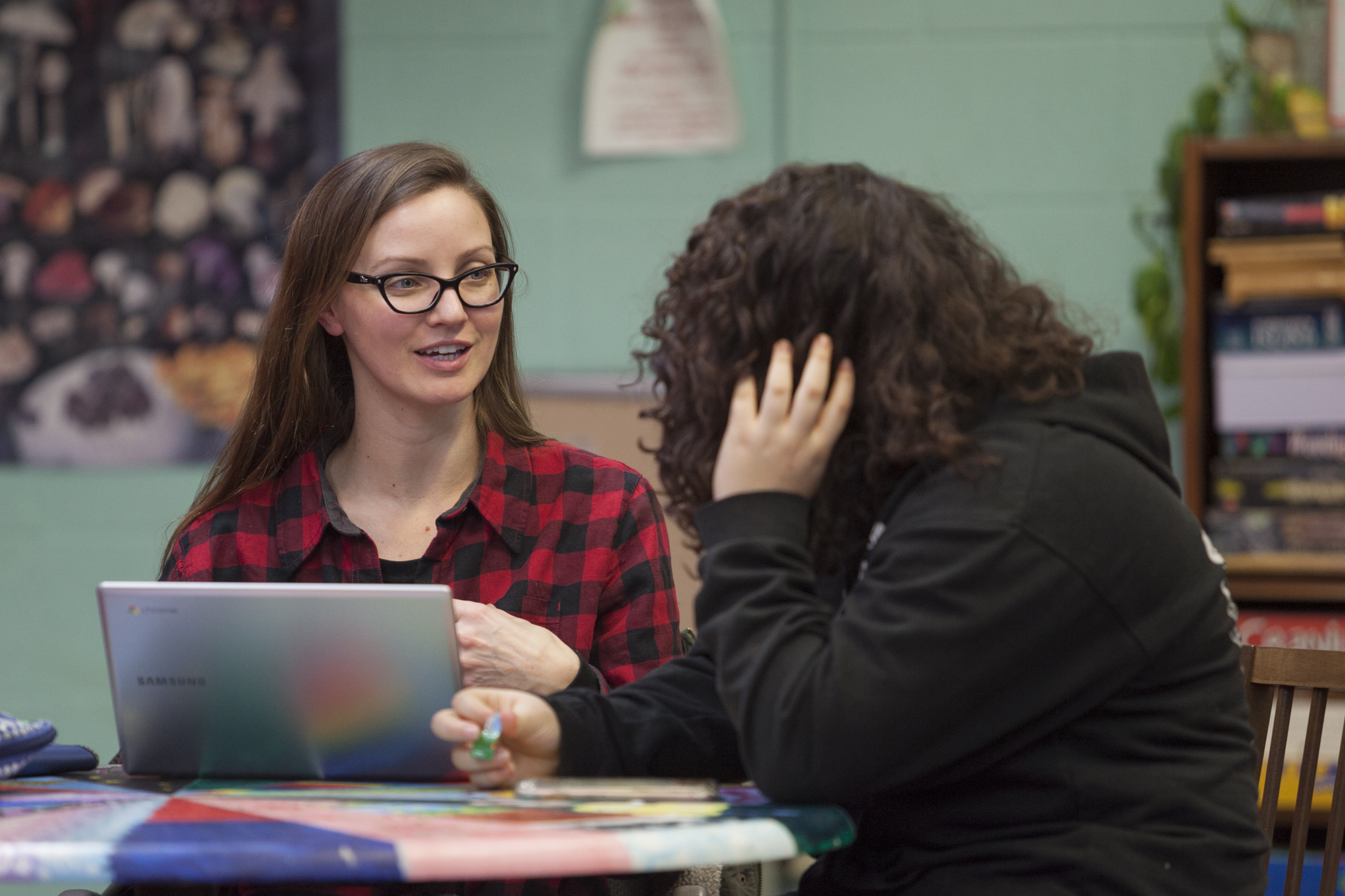The Princeton Learning Cooperative (PLC) is changing the way families and students look at education.
By using the method of self-directed education, the center allows for students to chose their own educational activities or lessons.
PLC has been an alternative approach to traditional education since its founding in 2010.
“We work with teenagers basically. The youngest student age we have worked with is 12, and work with students all the way up to the ages of 18 and 19,” said Joel Hammon, co-founder of PLC. “Moving students to college is the routine thing we do.”
Self-directed education is education that derives from the self-chosen activities and life experiences of the person becoming educated, which does not always follow traditional school methods.
According to officials, PLC students are considered homeschoolers by the state of New Jersey. Students who want to go to college can directly apply to college under the basis of being a homeschooler.
“Flexibility is the nice thing about what we do here. Let’s say we have a person interested in writing or English and wants to go to college for that, you typically don’t need a diploma to go to college as a homeschooler,” Hammon said. “However, you do need to meet the college admission requirements. For example, four years of English or etc.”
Continuing with the example of a student wanting to go to college for English, Hammon said PLC helps students translate their work into the admissions requirement for colleges.
“To satisfy that requirement, lessons can look different at PLC from what they look like in traditional school. Instead of sitting in a classroom reading books, we have had students write a collection of short stories and publish them online,” Hammon said. “You can do one-on-one writing tutorials at PLC, get involved in book clubs [or theater] in the community.”
During the student’s time at the center, the mentor from PLC, who the student is connected with, keeps track of all the activities or lessons and then helps write up a narrative transcript as the student applies for college.
“For example, English for junior year would be under a section of that transcript listing what was done to qualify as that grade level admission. It would list the books read, writing images and other examples,” Hammon said. “Every student we have worked with that has wanted to go to college has.”
Another path for a student to go to college is accessing the community colleges at 16 and/or 17 years old. PLC helps students involved in the center through this avenue as well.
Officials said students can build up enough credits from the classes they take at the community college to apply as a transfer student to a four-year school.
“In which case, colleges do not really care about your high school transcript or SAT score. They are just looking at your college transcript essentially,” Hammon said. “So, if you leave the traditional school system, you are able to have the flexibility and freedom to follow your interests.”
PLC has three full-time staff members and between 35-40 community volunteers.
“We also have a work-study relationship with Princeton University, where we have four or five Princeton students who come over and tutor students,” he said.
PLC caps the student population at 30 for the center.
“It is basically a 10-to-1 or 11-to-1 ratio with the core staff, because most of what we do is mentoring students each week,” Hammon said.
The center in Princeton is open four days a week and follows the traditional school calendar from September through mid-June.
PLC has no grades, credits or diplomas, according to officials.
“Winds in the area and somewhat globally are blowing in this direction. This place starts with young people and their interests,” Hammon said. “Building from there, as opposed to the traditional school model, that I used to teach in. When we first started we were a few people talking about this.”
Hammon’s PLC is part of two other learning cooperatives with co-founder Paul Schutt – Bucks Learning Cooperative in Langhorne, Pa. and Raritan Learning Cooperative in Flemington.
“Students who go to college is not the only successful outcomes we think of at PLC. We had a young man who was recently hired by the state police,” he said. “From the 2018-19 year we had between five and six students move on from PLC.”
He said PLC is not dogmatic and receives plenty of students from junior high with the plan to return to tradition high school.
“We would see that as a success, just as a student who stays with us and goes on to college. For us we want young people to recognize that their life is their own,” Hammon said.
For more information about the Princeton Learning Cooperative, visit www.princetonlearningcooperative.org.

